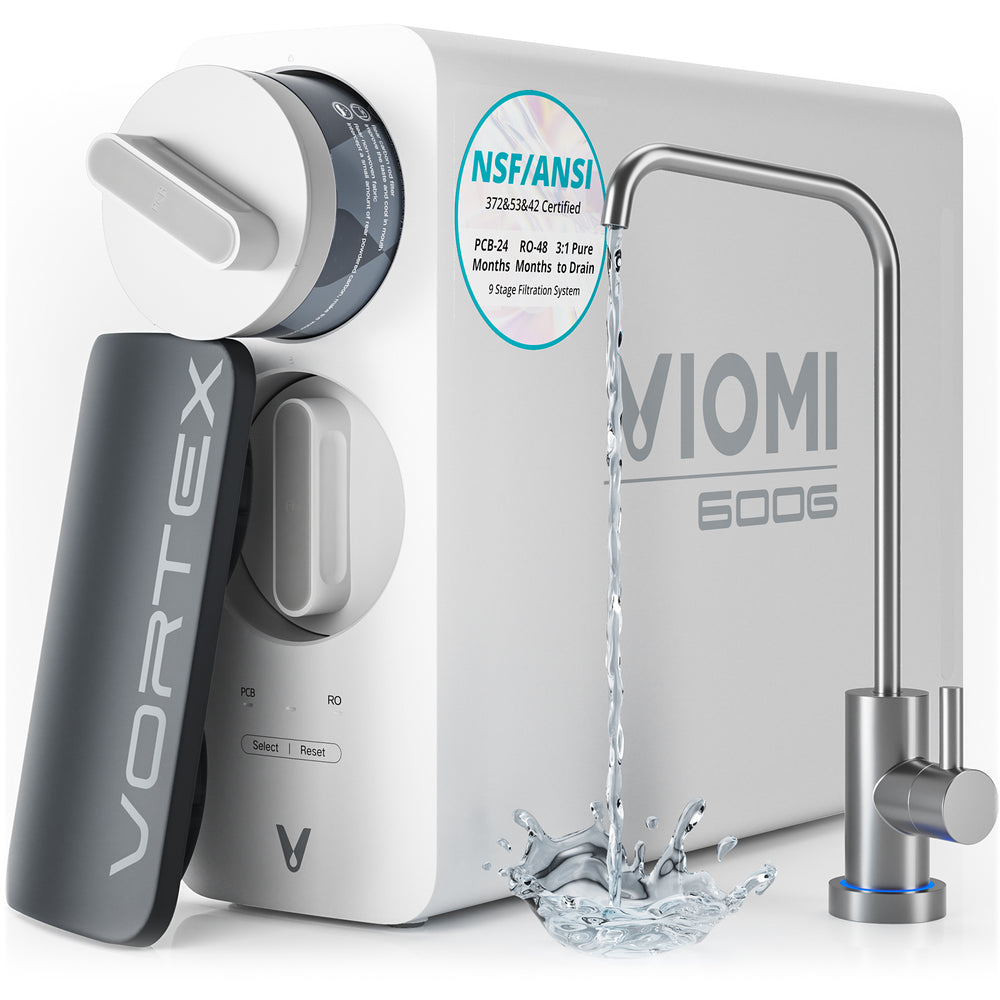Unlock Crystal Clear Living: Discover the Secret Benefits of Home Water Filter Systems!
Access to clean water is fundamental to our health and well-being. In recent years, the importance of water quality has become increasingly apparent, with many people realizing that the water they consume at home may contain contaminants that could pose health risks. Home water filter systems have emerged as a vital solution, providing families with safe, purified water for drinking, cooking, and bathing. These systems not only enhance the taste and clarity of water but also protect against harmful substances, making them an essential investment for any household.

Understanding Home Water Filter Systems
Home water filter systems are devices designed to remove impurities from water, ensuring that it is clean and safe for consumption. These systems can be installed at various points in a home, including under the sink, on faucets, or as whole-house solutions. The basic functionality of a water filter involves a filtration process that captures contaminants, such as bacteria, sediment, chlorine, and heavy metals. With a variety of types available in the market, it's essential to understand the options to choose the most suitable system for your needs.
Types of Home Water Filter Systems
There are several types of water filter systems, each employing different methods to purify water. Among the most popular are activated carbon filters, reverse osmosis systems, UV filters, and whole-house systems. Each of these technologies has unique functionalities and applications, making it crucial to consider your specific needs when selecting a system.
Activated Carbon Filters
Activated carbon filters are one of the most common types of water filtration systems. These filters work by using activated carbon to adsorb impurities, effectively removing chlorine, sediment, and volatile organic compounds (VOCs). They are relatively inexpensive and easy to install, making them a popular choice for many households. However, it’s important to note that while they are effective for certain contaminants, they may not remove heavy metals or bacteria.
Reverse Osmosis Systems
Reverse osmosis (RO) systems utilize a semi-permeable membrane to remove a wide range of contaminants from water. This process involves forcing water through the membrane, which traps impurities such as lead, nitrates, and fluoride. RO systems provide high-quality water but do produce some wastewater in the process. Many households appreciate the thoroughness of RO systems, which can significantly improve water quality, making it safer for drinking and cooking.
UV Water Purification
Ultraviolet (UV) water purification systems use UV light to kill bacteria, viruses, and other pathogens without the need for chemicals. This method is highly effective and environmentally friendly, as it leaves no residual contaminants in the water. However, UV systems require electricity to operate and do not remove chemical contaminants or sediments, so they are often used in conjunction with other filtration methods.
Whole-House Water Filters
Whole-house water filters are designed to filter all water entering a home, providing clean water for drinking, cooking, bathing, and cleaning. These systems can be more expensive but offer the convenience of comprehensive filtration. Installation can be complex, requiring professional help, and regular maintenance is essential to ensure optimal performance. Whole-house filters are a great option for families seeking an all-in-one solution to water quality issues.
Benefits of Installing a Home Water Filter System
Installing a home water filter system comes with numerous benefits. Firstly, it significantly enhances health by reducing exposure to harmful contaminants that may be present in tap water. Families can enjoy cleaner, better-tasting water, which encourages more consumption and supports hydration. Additionally, using a filtration system can have a positive environmental impact by reducing reliance on bottled water, thus decreasing plastic waste. Lastly, while there may be an initial investment involved, the long-term cost savings from reduced bottled water purchases and potential health care costs make home water filters a smart financial choice.
Making the Right Choice for Clean Water
In conclusion, choosing the right water filter home system is crucial for maintaining health and well-being. With various options available, understanding the functionalities and benefits of each type can help you make an informed decision. By investing in a reliable water filter system, you are taking an important step towards ensuring your family's access to clean and safe water, which is essential for a healthy lifestyle.







